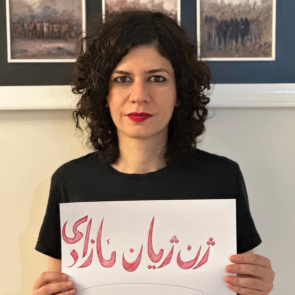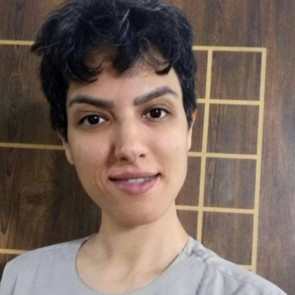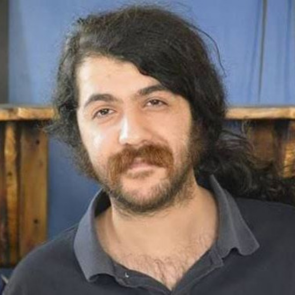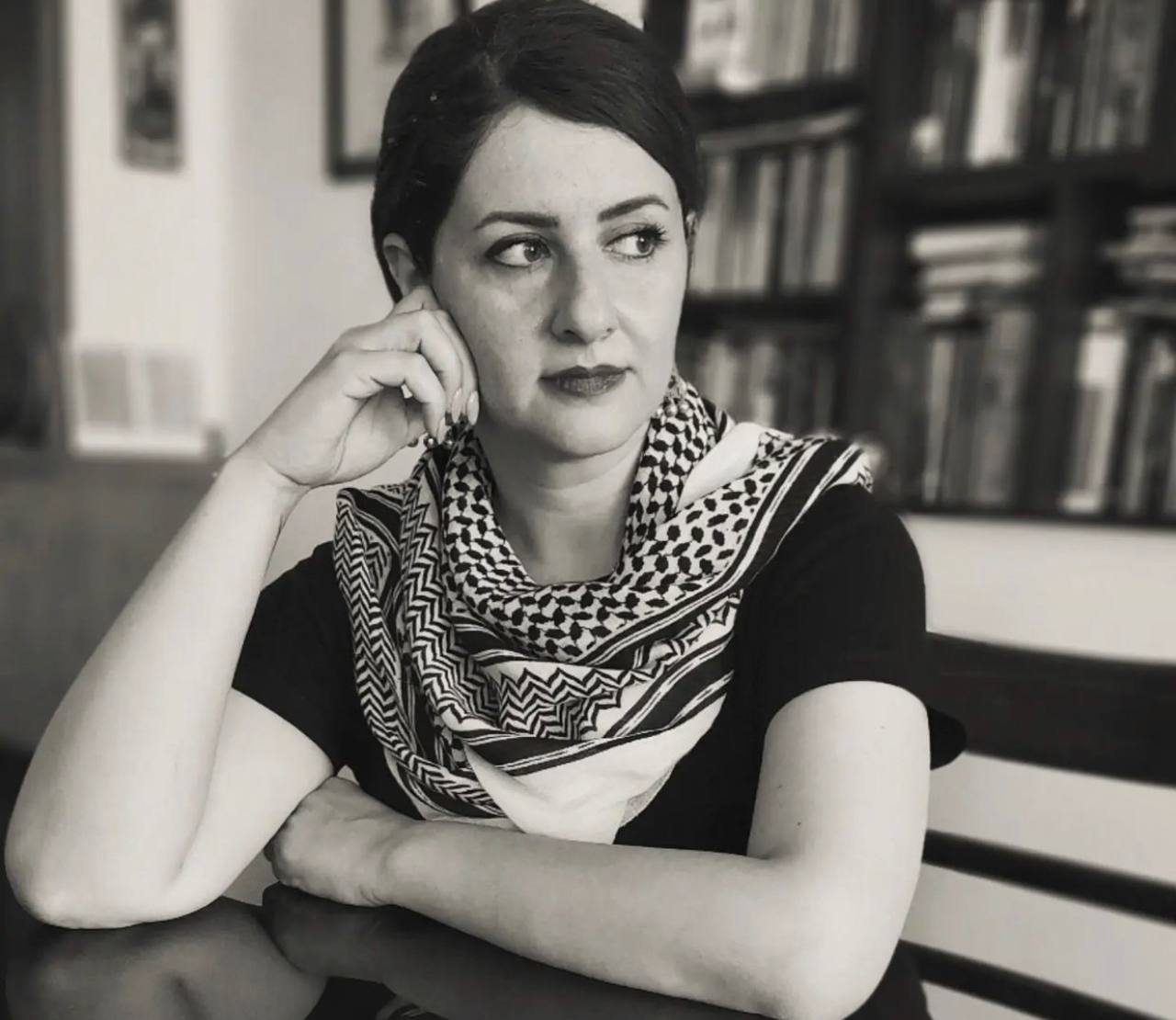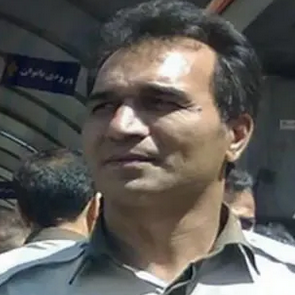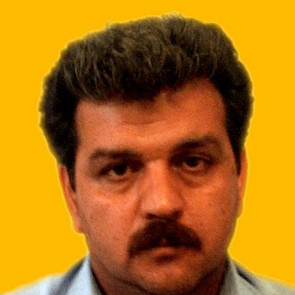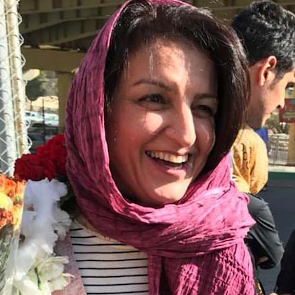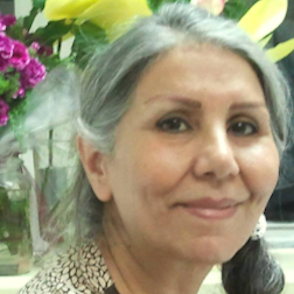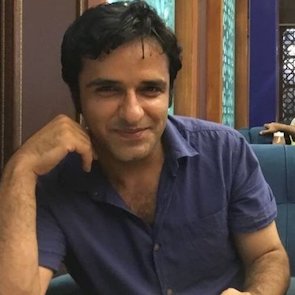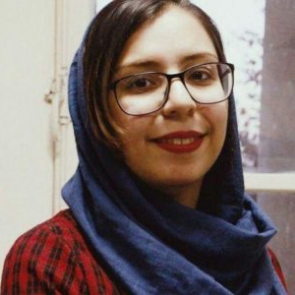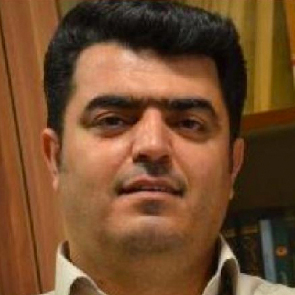One year into the Woman, Life, Freedom protests, human rights defenders are still targeted
16 September 2023 will mark the first anniversary of the death of Mahsa (Jina) Amini and Front Line Defenders salutes the bravery of the Iranian people and human rights defenders who have been standing up for their rights to life and freedom in the aftermath of her death. The death of this young Kurdish woman while in custody of the morality police for allegedly not conforming with the country’s discriminatory veiling rules caused protests to erupt all around the country, beginning on 18 September 2022. Front Line Defenders has monitored the situation of over 200 human rights defenders, who have been targeted with arrests, arbitrary detentions and legal actions since. Furthermore, at least three human rights defenders have been killed in custody, in addition to two human rights defenders who were shot dead during or immediately after a protest. Four women human rights defenders active in the protests have also died and their deaths were reported as suicides, but the circumstances surrounding these deaths were highly suspicious.
Front Line Defenders has repeatedly raised concerns over mass arrests of human rights defenders in advance of protests, particularly in the Kurdistan and Gilan provinces. It has been able to verify the targeting of human rights defenders for their leadership roles in advance of protests, as in the cases of at least two human rights defenders whose arbitrary detentions and subsequent legal charges began with arrest warrants “under preventive measures.” Additionally, during this period, many family members of human rights defenders have been threatened while human rights defenders have been violently arrested and had their houses raided. In the meantime, the Iranian authorities have been particularly targeting civil society members, labour rights defenders, anti-death penalty campaigners, women human rights defenders and those working on the rights of women and girls on the front lines, including activists working on ethnic minority rights. In one instance, the woman human rights defender Golrokh Iraee was arrested on 26 September 2022 only a few days after the beginning of the protests. She was immediately transferred to solitary confinement in Qarchak prison and had a hearing on charges of “gathering and colluding against national security” for her social media posts about protesters who were killed or arrested. On 11 April 2023, Branch 26 of Tehran Revolutionary Court sentenced her to five executable years in prison and complementary punishment on those charges.
In response to the escalation of human rights violations in the context of protests, the United Nations Human Rights Council voted to establish a Fact Finding Mission to investigate those violations in November 2022. While the targeting of human rights defenders continued for six months, in February 2023, the Iranian judiciary system announced that the Iranian Supreme Leader had pardoned 10,000 prisoners in the context of the protests in Iran. Among those released, there were a dozen human rights defenders. However, despite the pardon scheme, in the following weeks, many human rights defenders remained in prison, some were re-arrested after being released, and hefty new sentences have been given to several to women human rights defenders including Narges Mohammadi and Sepideh Gholian. Furthermore, Front Line Defenders has documented the arbitrary denial of amnesty to at least five human rights defenders, including Sarvenaz Ahmadi and Kamyar Fakour.
Throughout the protests, the authorities have continued to shut down mobile internet and disrupt telecommunication services, significantly stifling the right to protest and preventing human rights defenders from documenting and disseminating information about human rights violations. In the meantime, authorities continued to target digital rights defenders and experts working on internet freedom while the digital security of thousands of protesters were compromised.
Over the past year, the Iranian authorities have arbitrarily executed seven men in grossly unfair trials in relation to the Woman, Life, Freedom protests. They have been increasingly using the death penalty as a tool to instil fear among the protesters and have particularly targeted human rights defenders whose human rights work focuses on this issue. On 26 January 2023, Branch 26 of the Tehran Revolutionary Court sentenced the human rights defender Arash Sadeghi in absentia to five years in prison on the charge of “gathering and collusion against national security” and seven months in prison on the charge of producing “propaganda against the state”, and other complementary punishment. On 19 December 2022, he was transferred to the Great Tehran Penitentiary from Evin prison and then transferred back to Evin ward 4, after reporting from prison on the case of a protester’s imminent execution on 12 December 2022.
In May 2023, protests also broke out against a series of deliberate poisonings of school girls across the country. The poisonings were in reprisal against women and young girls vindicating their rights not to conform to Iran’s discriminatory veiling rules and participating in protests. As a result of their participation in the Woman, Life, Freedom protests, in addition to protests against this poisoning campaign, many university professors, teachers, students, trade unionists and defenders of the right to education have been targeted by the Iranian authorities. On 21 November 2022, Atekeh Rajabi was terminated from her job as a primary school teacher because of her engagement in the September 2022 protests. On 24 September 2022, the woman human rights defender initiated a strike, refusing to go to school, to demand justice and the release of detained teachers’ rights defenders. A verdict on her case was issued by the oversight committee for offences committed by staff of the Ministry of Education, in the Razavi Khorasan province branch. According to this verdict, the woman human rights defender’s termination was decided based on three grounds: ongoing absence from work from 24 September 2022 until the issuance of the verdict; not respecting the country’s mandatory veiling rules; and publishing videos of herself without a hijab on social media, discussing her participation in school strikes to support detained teachers. According to Coordinating Council of Iranian Teachers' Trade Associations(CCITTA), since the beginning of the protests, at least ten teachers’ rights defenders were terminated from their work and over twenty were forced to retire, while over 200 have reported losing professional benefits such as grades, which can impact their salary scale and pensions upon retirement.
Although one year has passed since the start of the protests in the wake of Mahsa Amini’s death, and the international community’s attention to the crisis has somewhat faded, human rights defenders remain at heightened risk and continue to endure human rights violations. The international community should maintain pressure on the Iranian authorities to release imprisoned human rights defenders including Narges Mohammadi, Golrokh Iraee, Bahareh Hedayat, Sepideh Gholian, Nasrin Javadi, Vida Rabbani, Sarvenaz Ahmadi, Soha Mortezaie, Fariba Kamalabadi, Mahvash Shahriari (Sabet), Afif Naimi, Esmail Abdi, Reza Shahabi, Hassan Saidi, Amirsalar Davoudi, Rasoul Bodaghi, Mehdi Mahmoudian, Kamyar Fakour and Jafar Ebrahimi. Additionally, Front Line Defenders urges the Iranian authorities to drop all charges and sentences brought unjustly against human rights defenders including Arash Sadeghi, Nasim Soltanbeygi, Jina Modares Gorji, Zia Nabavi, Farzaneh Zilabi, and Atekeh Rajabi. The Iranian authorities should cease using judicial harassment as a sword of Damocles to target human rights defenders in Iran, and guarantee human rights defenders are able to carry out their legitimate human rights activities without fear of reprisals against themselves or their families. Finally, the Iranian authorities should collaborate with the United Nations Fact Finding Mission, including to impartially investigate the killings of human rights defenders in the context of the protests, with the view of publishing the results and bringing those responsible to justice.
Front Line Defenders stands in solidarity with the Iranian people, especially women and human rights defenders standing up for their legitimate human rights, including their rights to life and freedom. The Woman, Life, Freedom movement has also been sustained in the long run due in large part to the work of human rights defenders in Iran.
